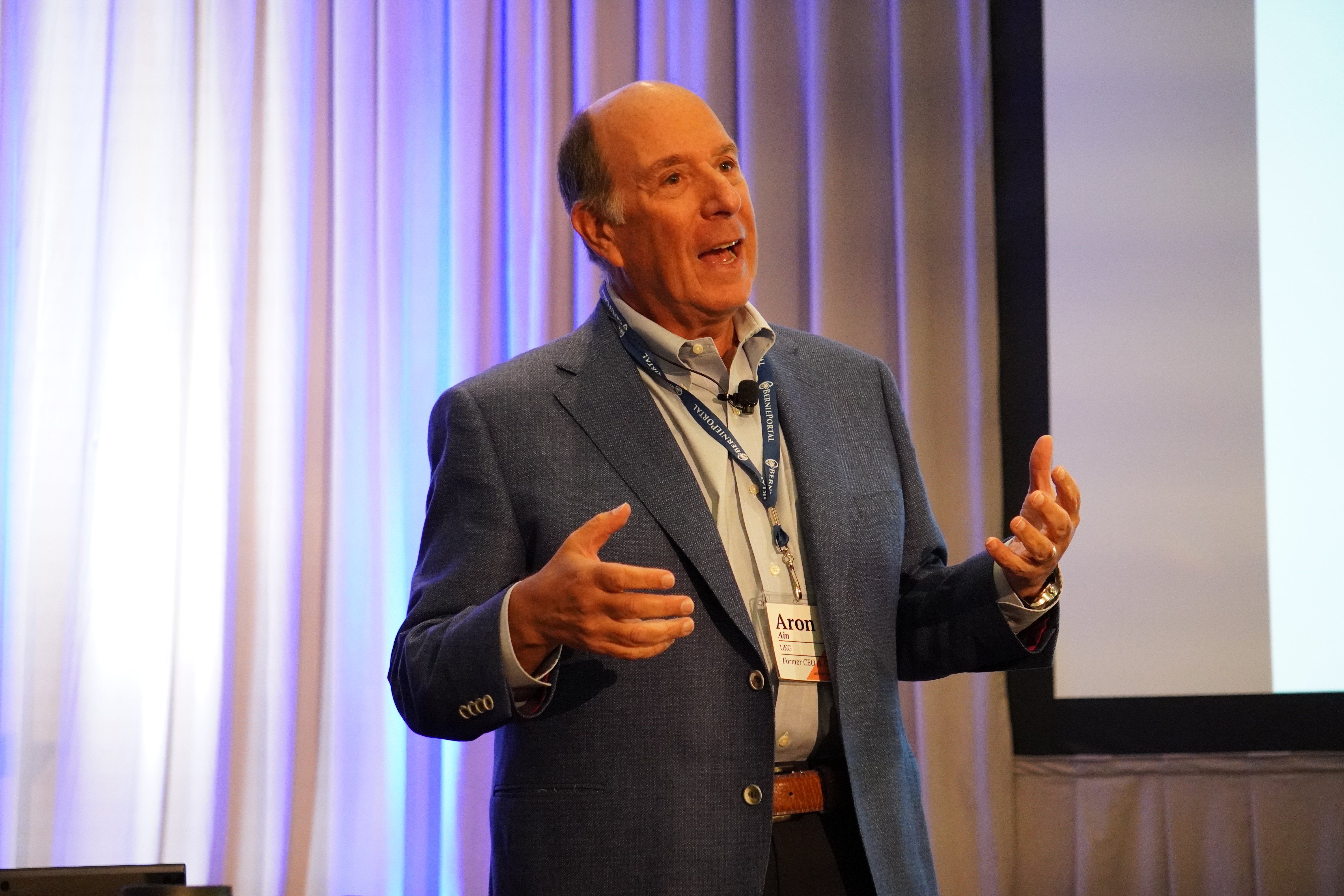Written by
Will Miranne
Will is an aPHR-certified writer on the marketing team at BerniePortal. He writes about healthcare, human resources, and benefits.
Challenge Your Workplace Practices for Future Success

The new normal for a post-pandemic workplace has yet to be defined, and organizations seem to be split on the best path forward. One such example is how some organizations believe that remote work is the future while others believe that in-office work reigns supreme. This uncertainty and constant change can cause confusion in knowing what will work and what won't. This is why it is so valuable to open your organization to the idea of experimentation.
Here we outline what it means to challenge your current workplace practices and why it can be so beneficial for the future success of your organization.
Why HR Should Be Open to Change
According to organizational psychologist Adam Grant, employers often fall into one of these three categories:
-
Preacher
-
Prosecutor
-
Politician
When employers fall into these categories, they are supporting what they already believe to be true. As a preacher, they announce what they believe to be correct as if it is a fact. When acting as a prosecutor, they are attacking others as being incorrect. When taking on the role of politician, they are indulging only those colleagues or employees who they find to be of similar thought and belief.
Grant suggests that employers shift their perspective from these archetypes to that of a scientist. The goal here is to move away from the assumption we are correct and search for ways we could be wrong.
Grant states: "A good scientist has the humility to know what they don't know, and the curiosity to seek out new knowledge." When employers remain open to opportunities for growth and development, they will be more likely to find new creative solutions. Employers need to be capable of admitting when something is not working.
Where Should HR Experiment?
Experimentation can be used in all facets of your business and is not tied to any single area. HR, for instance, can experiment with remote work and, even more specifically, remote meetings.
It may benefit specific teams and organizations to allow employees to work remotely or from a satellite office. In contrast, other organizations might find that in-office work achieves the most significant results. It takes trial and error to find what works best for an organization. It may be that your organization functions better without the use of virtual calls. But, even so, without ever testing the results of in-person meetings against those of virtual ones, you forgo the opportunity to learn from the difference.
Most employers will have many employees who all prefer different work dynamics. What matters most here is that the organization is willing to look at what works on the whole and what garners the greatest results across the entire team.
Allowing employees uninterrupted “deep work” time during the day can also be a great area to test new methods. Continuous work time will enable employees to focus on tasks at greater length. It can often be jarring when workers are in flow or in the zone and are suddenly thrust into a meeting. Allowing employees to have a level of control over their day might just work for your organization.
Don't be afraid to challenge your current methods to either affirm they work or discover what else does.
What Does Experimentation Mean for Employers?
A post-pandemic workplace is still taking shape, and it remains unclear what it might look like when it hits its stride. However, it is fair to say that this type of shift in society is setting up a new age for employers.
This new era has evoked changes of all kinds throughout the business world. Many organizations continue with what has worked for them historically while others have taken this opportunity to explore different options for better or worse. Either way, this is a time of uncertainty, and there is no one organization with all the answers. This is why experimentation and a willingness to challenge your current ways are so critical in this modern era.
Employers are in a position where they will have to navigate unknown waters with what they believe are the best ways forward. But this can be a tall task with trends changing and evolving so quickly. As you maneuver this stressful time, don't be afraid to admit you don't have all of the answers. Think about what you know and what might work best for you and your organization, form a hypothesis, and test your theories.
Grant says, "I know that it's difficult to make a permanent commitment right now because so much is changing as the world of work evolves right under our feet...But it is the perfect window to put on your scientist goggles, to develop some new hypotheses and then to put them to the test so you can figure out what works."
There has never been as good of a time to experiment with your process as now. Don't waste the opportunity to put yourself in a winning position for tomorrow for fear of the unknown. It is a leap, but that leap is a fantastic way for you to discover what will set your organization up for success in this rapidly-changing market.
Additional Resources
You can also stay informed, educated, and up-to-date with workplace experimentation and other important topics by using BerniePortal’s comprehensive resources:
-
BerniePortal Blog—a one-stop-shop for HR industry news
-
HR Glossary—featuring the most common HR terms, acronyms, and compliance
-
HR Guides—essential pillars, covering an extensive list of comprehensive HR topics
-
BernieU—free online HR courses, approved for SHRM and HRCI recertification credit
-
HR Party of One—our popular YouTube series and podcast, covering emerging HR trends and enduring HR topics

Written by
Will Miranne
Will is an aPHR-certified writer on the marketing team at BerniePortal. He writes about healthcare, human resources, and benefits.
Related Posts
We just wrapped up another phenomenal Weekdays with Bernie (WWB) Conference!
Employees are the heart and soul of an organization, and valuing their opinions can have...
HR parties of one already have an abundance of tasks to keep up with. From hiring to...
The talent search is no longer a skirmish or a battle. It’s a WAR! As a strategic HR...






Submit a Comment